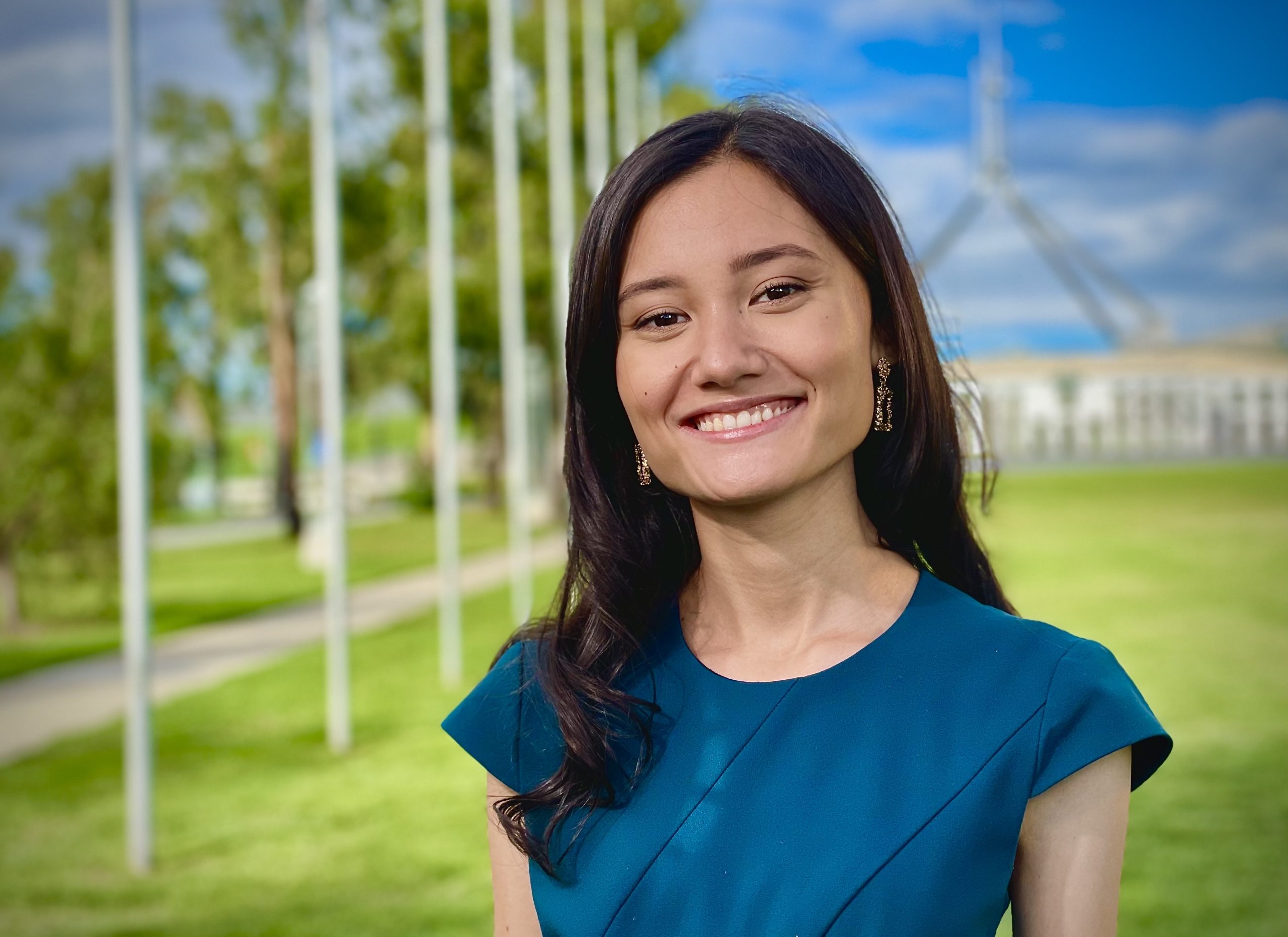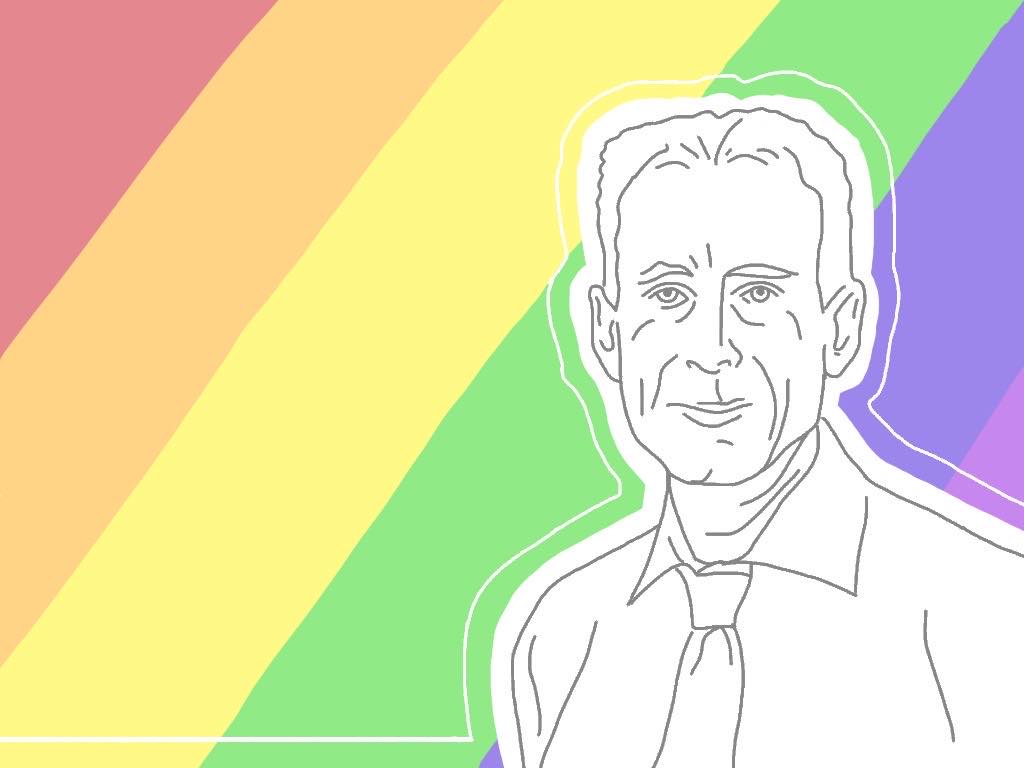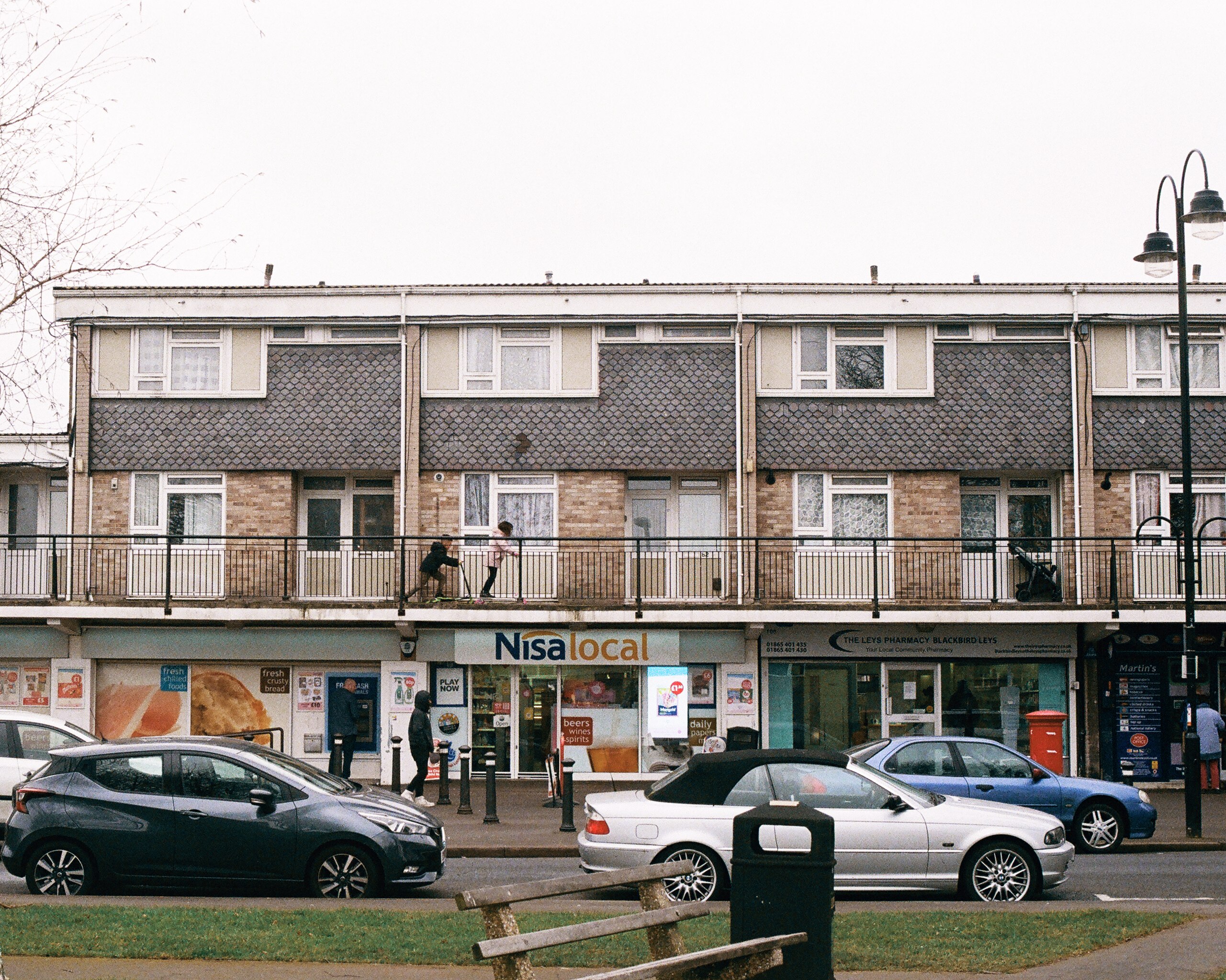
Icon of the Week: Yasmin Poole
Very few people, I should imagine, would identify a nameless figure in a logic problem as someone to whom they owe their career. ‘Person A’ and ‘Person B’, enemies to wailing children and demoralised parents alike, have seldom made their mark in any form except a despairing phone call to the local tutoring agency. And yet they were, for activist Yasmin Poole, bearers of an epiphanic vision: it was in their company that she realised that the pages of her undergraduate law textbook were not as electrifying as might be hoped. “I wanted to know who Person A was,” she explained to me. “Where do they live? What’s their financial status? What’s their story?”
She now spends her days learning just that. After years of commitment to youth advocacy in Australia, Yasmin has temporarily narrowed her activism to university scale, and as co-chair for anti-sexual violence campaign It Happens Here, discussing stories is part of the job. The movement is one that marries the amplification of individual voices to collective solidarity: “it centres on love and care and joy and looking at the face of power and standing against it,” she told me. She said each word carefully and with precision, pausing to search for the proper articulation of the philosophy she clearly holds so dear.
This is Yasmin’s second year in Oxford, where she is currently studying for a Master in Public Policy. “There’s always a buzz here,” she remarked as we made our way through the artery-like staircases of the Blavatnik building. I began to understand what she meant when none of her go-to coffee spaces seemed particularly hospitable to my low-rent recording equiptment. Once we had found a quiet spot, though, I asked her to elaborate. She talked with sincere warmth about the women in her cohort, many of whom are students from around the world: “I feel their strength, so I’m trying to tap into that as much as I can, versus getting too lost in what the institution isn’t doing.” The university isn’t without its pitfalls: “in times when it’s really important to take a stance that may not be the majority view but is in the interest of justice and liberation—as an institution they can often avoid that.” And yet, Oxford has been a site of political inspiration for Yasmin—she spoke wryly about seeing her time here as a chance to collect a ‘toolkit’ to take back to Australia.
I asked what she would like to take back with her, somewhat surprised at the sentiment. She sat forward, evidently not about to launch into a glowing review of the British political system, and fluently delineated the superficiality of political racial diversity in this country. Unlike in Australia, she contends, our primary issue is not a lack of diversity, but rather that “it’s not working for a lot of the communities that [politicians] supposedly represent.” She grimaced at the idea of Rishi Sunak, with his aristocratic and upper-class and working-class (well, not working-class) friends, being deemed representative of the experience of first-generation migrants.
As someone who has herself felt the pressures of representation—she is Plan International’s National Ambassador and Chair of the Victorian Government’s Youth Congress—she is acutely aware of the impossibility of being a universally palatable realisation of the nebulous ‘youth voice’. “Young people aren’t a monolith,” she conceded, “so how do I summarise the ‘concerns of young people’?” She has grown necessarily pragmatic, though not detached. As the only young person talking at the Australian Labour government’s Job and Skills Summit in September 2022, she attempted to survey the people she was speaking for but also recognised that “even if I can’t capture it all, I can shift the conversation”. Increasingly, she is unwilling to compromise her own voice and talked confidently about navigating this. “At the beginning of my activism—and I’m still struggling with it—there was so much fear in what you can say and what you can’t say.” In Australia, she noted, this is particularly true in discussions about race. “I was really scared to talk about race, but I find when talking about it now, even when it’s scary, it feels true to me.”
This authenticity is important to Yasmin, and she said so without affectation: “what drives me is feeling like I’ve stepped into the most authentic version of myself.” Does this insistence on keeping her humanity at the forefront of her activism ever get exhausting? Laughing, she admitted that she is no stranger to burn-out. (This is a relief; my looming essay crisis was beginning to feel ever more shameful). Working for It Happens Here, though, she has learnt how to cope with being overwhelmed. “What replenishes me even within the campaign is things like [survivor-focused open mic night] Still I Write. Spaces of creativity, spaces of joy, spaces of solidarity…I think that helps me to remember that you can still find lightness, despite all of the problems.”
And indeed, our conversation was suffused with lightness. Yasmin was a wonderful storyteller; she animatedly recounted an evening she spent in Palestine during Eid when, after a hard day, she found herself learning local dances in a restaurant. “Something about dancing together filled my cup when it was really hard,” she said; it is like hearing someone read from a tenderly written diary entry. Nor can she stop herself from beaming when she recalls the compassion that throbs through the Still I Write nights she has organised. The heartfelt pride in her voice when she recalled seeing two girls performing poetry for the first time was palpable. I, too, began to smile as I envisioned the scene.
It is clear she considers her work a personal endeavour. I asked her, therefore, how much of her approach to activism is character-driven—if her tendency towards political optimism (something she had mentioned earlier) is something that inheres in her general outlook. She was unsure. “The older I get, the more I wonder if I am an optimist,” she said, before pausing to self-examine. “I feel like, if I am, I’m a very rugged optimist—like, ‘I’ve been through it, but I’m clinging on to some hope’.” She did not hesitate when contemplating what the impetus for this resilience is; she was quick to settle on a memory from when she was fifteen. Following the surge of Islamophobic discourse that ensued after a series of Islamic State terror attacks in 2014, she decided to write a speech for her school public speaking competition illustrating her experience growing up in Australia with a Muslim mother. She spoke about the moment in a way that was at once thought-through and rawly unrehearsed: “ever since then I try to approach everything I do with the feeling that it’s not just about me, Yasmin; it’s about representing communities who otherwise wouldn’t have that platform. I carry that sense of responsibility, and that really does give me strength. There are so many other voices behind me.” ∎
Words by Connie Higgins. Photography courtesy of Yasmin Poole.







